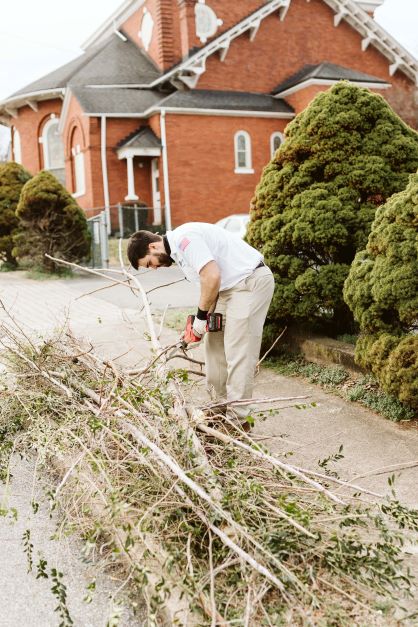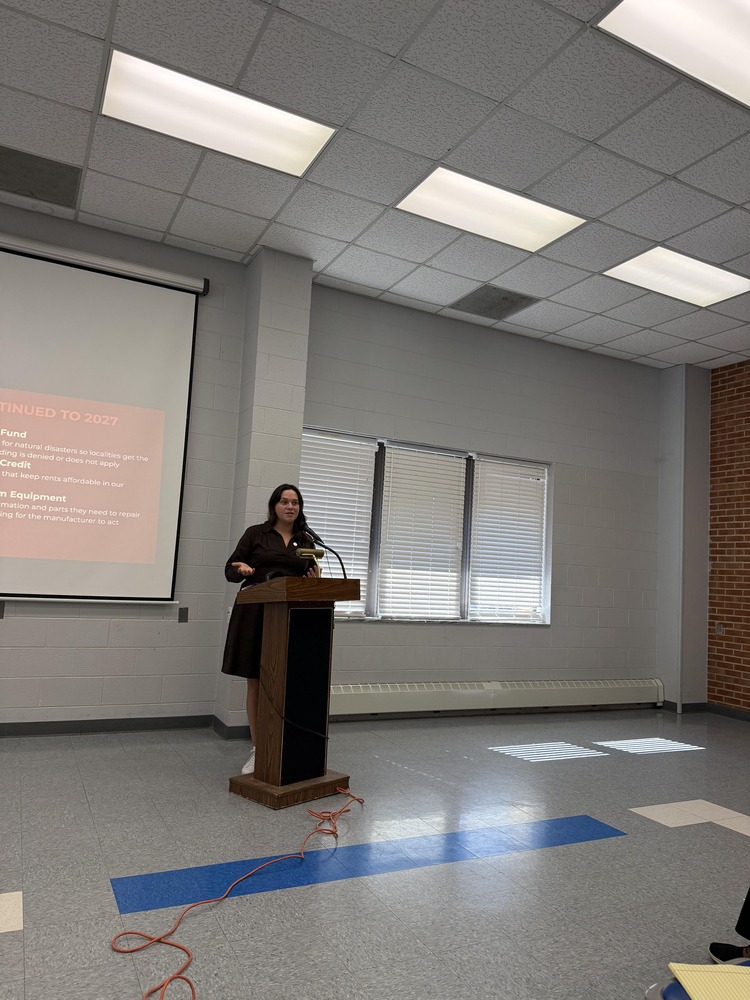 CHARLOTTESVILLE, Va. (AP) — Twenty years of service in the Navy earned Clyde Cooper a GED, college degrees for children and grandchildren and health care.
CHARLOTTESVILLE, Va. (AP) — Twenty years of service in the Navy earned Clyde Cooper a GED, college degrees for children and grandchildren and health care.
In the 40 years since he was discharged as a senior chief radioman, Cooper, 81, said the Department of Veterans Affairs has helped him handle progressive supranuclear palsy, a form of Parkinson’s, and knee replacements, but in recent weeks, he’s struggled to get adequate medical supplies for his ileostomy.
“I cannot say enough how wonderful the VA has been, until I had this problem,” Cooper said.
In an ileostomy, the large intestine is removed and the small intestine is diverted to an opening cut into the abdomen, called a stoma. Every other day, Cooper replaces a plastic pouch that is taped to his stoma and catches his digested food.
For decades, the department has provided Cooper with ostomy bags, o-rings and strips needed to replace the bags and keep them clean and secure. He typically needs 40 bags each month. But in January, the department cut him down to 20, which is the standard number for patients on Medicare.
“I found out that my doctor had no say over it,” Cooper said. “Once the technicians got involved and their attention was drawn to how many bags I was getting, they cut me down.”
With only a half supply, Cooper slowly began to run out. He tried supplementing the supply with Ziploc bags. He called the department, his doctor and the supplier, begging for more. Finally, he found himself with a full bag of feces and no more bags.
“It was terrible,” Cooper said, his voice becoming hoarse. “It burned and stung, and it was so humiliating.”
Cooper’s husband, Michael Fitzgerald, tried to find ostomy bags at medical supply stores. One box of supplies containing a bag, rings and strips costs about $50; he had to purchase several. Since Cooper qualifies for Medicare and the department considers him 100 percent disabled, Cooper says he should not have to pay for any of his medical care.
The next month, despite a trip to Richmond’s Hunter Holmes McGuire VA Medical Center to meet with his doctor and a technician, another half supply arrived. Cooper said his nurse practitioner, Gerald Montoya, wanted to give him more bags, but his request was blocked.
“My doctor knows, and he agrees with me,” Cooper said. “I have no complaints with him. But it’s beyond him — they decided how much we get, so that’s what we get. I think the doctor ought to have more control. They ought to let the doctor decide.”
Cooper said he is pleased with Montoya and with his department-provided wheelchair and scooter.
A spokeswoman for the VA’s North Atlantic District said that the number of ostomy bags provided to veterans is determined by a veteran’s local facility, and if a veteran requires more, a physician should be able to request them. Montoya did not return requests for comment.
The department has been working on new programs to streamline how medical centers buy supplies for treating 7 million veterans. According to a November report from the Government Accountability Office, the department’s new procurement system was confusing, lacked clinical input and didn’t save any money. But the spokeswoman said that ongoing procurement battles should not affect Cooper’s issue.
“More and more people say they know someone with an ostomy, whereas 10 years ago someone might think they were the only one,” said Joann Plencner, an ostomy nurse at Continuum Home Health in Charlottesville who runs a local support group. “But it’s still kind of hush-hush compared to other conditions, and that needs to change.”
Plencner said most of her patients get by on the Medicare standard of 20 bags per month, but diet, weight and medical conditions could require more frequent use.
Cooper’s house, with peach walls and rainbow-colored yard decorations, is full of photos of him and Fitzgerald. They met at a club and ran Charlottesville’s first openly gay bar, originally known as The Silver Fox, and then as Club 216, for 20 years.
“I loved the gay bar; it used to be the only place I could be myself,” Cooper said. “Now I don’t give a s(asterisk)(asterisk)(asterisk).”
When they retired, the couple traveled the country and visited national parks. Cooper chuckled, remembering teetering up the steps of Mesa Verde National Park in Colorado.
Without help from Fitzgerald and a neighbor, Loretta, Cooper fears he would have to move to a nursing home.
For now, he confines himself to teaching his husband to cook and testing medical supplies. He ordered a range of ostomy bags from a supply company, Hollister, and found the bag he likes the best. If he can get the department to approve 30 or 40 7/8-inch bags each month, he’ll be set.
“I don’t want to be pitied for my situation, but it’s not fair,” Cooper said. “I love my country. I served, and I’d like to live out my life well.”
___



